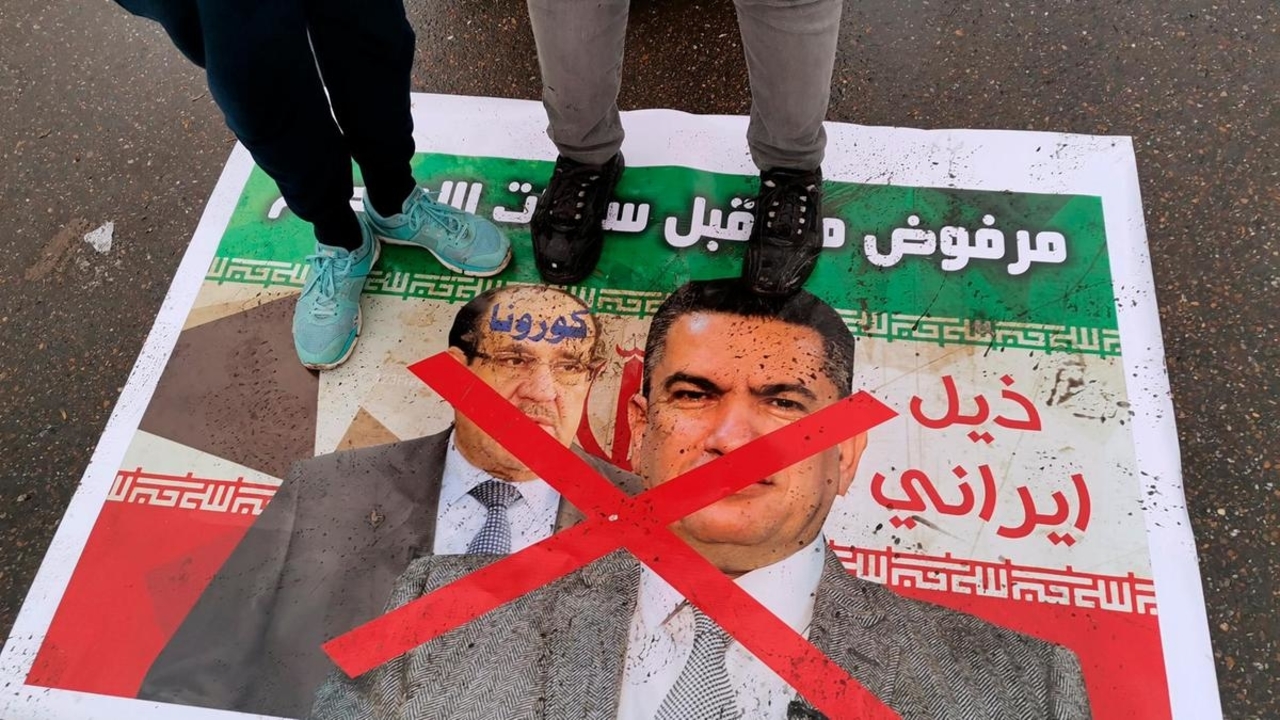Iraqi prime minister-designate Adnan Al-Zurfi announced a new cabinet in advance of the constitutional deadline of April 17, Middle East Monitor reported on April 7, Tuesday. Al-Zurfi also presented his proposed government to the Iraqi parliament which will debate and vote on its ratification.
Al-Zurfi was nominated for the post of prime minister by president Barham Salih on March 17, a fortnight after the resignation of previous prime minister-designate Mohammad Tawfiq Alawi. Alawi had failed to win the approval of the Iraqi parliament within the stipulated 30 days.
Al-Zurfi was previously the governor of Najaf. He is part of the Nasr (victory) alliance led by former prime minister Haider al-Abadi, which has 42 seats in the parliament. Al-Zurfi may face a difficult road ahead as he is perceived to be pro-US and has been accused of doing the bidding of the US administration. He was also allegedly involved in multiple corruption scandals during his time as the Najaf governor.
Al-Zurfi’s nomination has already been rejected by the major Shia blocs in the Iraqi parliament, including the Fateh bloc, the Sairoon alliance and other forces that are part of the Popular Mobilization Forces (PMF), a semi-official Iraqi militia. Al-Zurfi has even been called the “American intelligence candidate”. Other Sunni and Kurdish political parties in the parliament have so far not displayed any opposition to Zurfi, indicating that they may be open to his candidacy. Shia political parties are wary of his candidature as they believe he is intent on targeting the pro-Iran Shia forces in Iraq – a concern that Al-Zurfi has tried to assuage both inside and outside Iraq, but without much success.
Meanwhile, interim prime minister Adel Abdul Mahdi continues in office despite tendering his resignation to the president in November last year following intense pressure from prominent clerics, as well as from the anti-government protesters nationwide. Protests against his regime began on October 1 last year due widespread government corruption, the lack of public services and poverty and unemployment in the country. Protesters also targeted the political and business elite, accusing them of misgovernance and economic mismanagement. As per the Iraqi constitution, a government that has resigned cannot remain in power for more than 30 days. However, due to the almost unbreakable deadlock among the political parties and blocs in Iraq, Mahdi has held on to the prime minister’s chair for almost four months.





